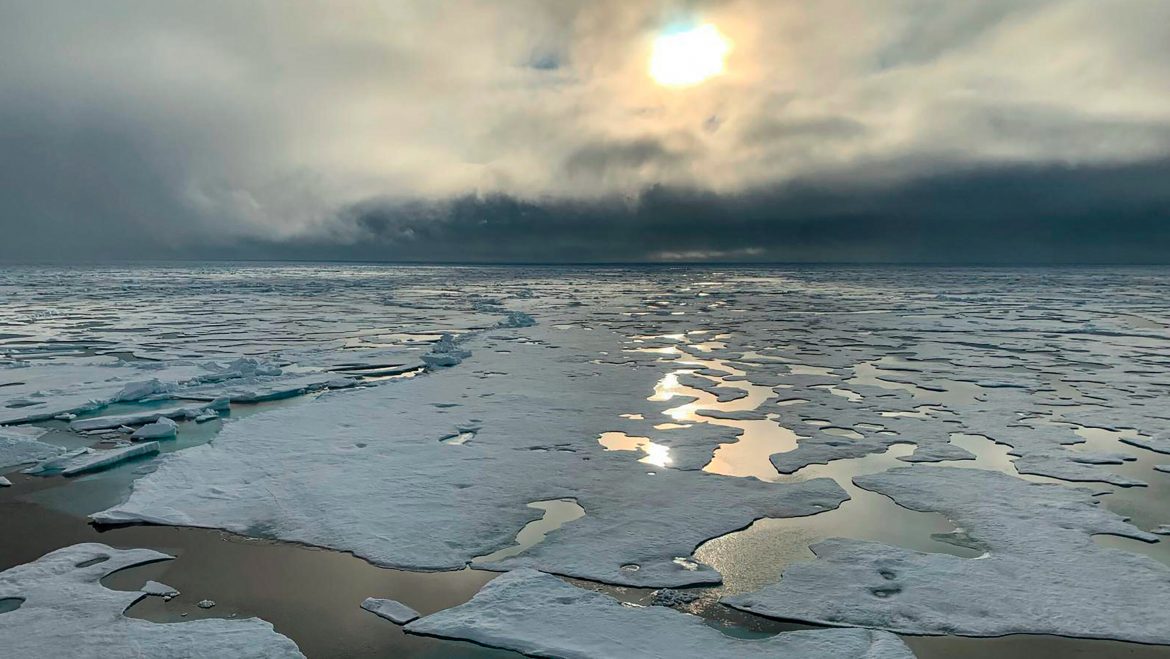A new study published in the journal Nature Communications has found Arctic sea ice could disappear completely during the month of September as early as the 2030s.
Scientists who undertook the study warned that this was another clear sign that the climate crisis is happening faster than expected as the world continues to pump out planet-heating pollution.
Analyzing changes from 1979 to 2019, comparing different satellite data and climate models to assess how Arctic sea ice was changing, the researchers found that even if the world makes significant cuts to planet-heating pollution today, the Arctic could still see summers free of sea ice by the 2050s.
They found that declining sea ice was largely the result of human-caused, planet-heating pollution, and previous models had underestimated Arctic sea ice melting trends.
In his reaction, Seung-Ki Min, lead author of the study and professor at Pohang University of Science and Technology in South Korea said “We were surprised to find that an ice-free Arctic will be there in summer irrespective of our effort at reducing emissions, which was not expected,”.
Arctic ice builds up during the winter and then melts in the summer, typically reaching its lowest levels in September, before the cycle begins again. Once Arctic summers become ice-free, the buildup of sea ice in the colder seasons will be much slower, Min said. The warmer it gets, the more likely the Arctic is to stay free of sea ice further into the colder season.
Read also: Report: UK imported £19.3bn of fossil fuels from authoritarian states in one year
Min said that under a “higher emissions pathway” – in which the world continues to burn fossil fuels and levels of planet-warming pollution continue to rise – the study projects the Arctic will see a complete loss of sea ice from August until as late as October before the 2080.
He explained that the study’s findings contrast with the UN Intergovernmental Panel on Climate Change’s 2021 state-of-the-science report, which found the Arctic would be “be practically ice-free near mid-century under intermediate and high greenhouse gas emissions scenarios.
This new study shows it could happen 10 years earlier, regardless of emission scenarios, Min said.
A 2022 study showed that the Arctic has warmed four times faster than the rest of the world. There has already been a rapid loss of sea ice in the region, with September sea ice shrinking at a rate of 12.6% per decade, according to NASA.
Story was adapted from AccuWeather.
